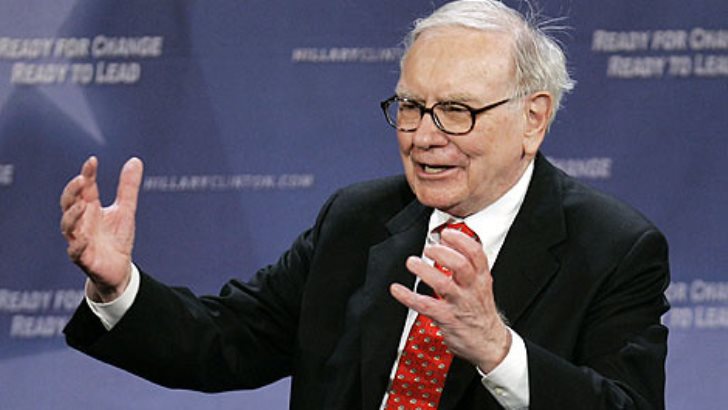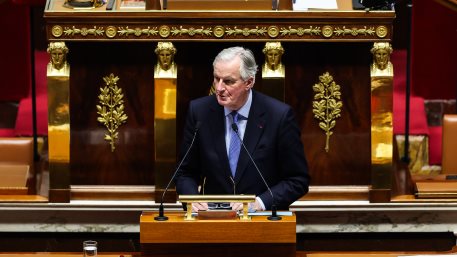
As the latest earnings season in the US currently unfolds, day traders and investors are bracing for heightened volatility and heavy trading of America's blue-chip stocks. At present, Wall Street is riding high on the unprecedented in scope bullish run that followed the equally remarkable stock market crash, which was brought about in the wake of the coronavirus pandemic.
Traders are having a field day picking up devalued stocks, which are poised to go up due to the accommodative monetary policies of prominent central banks. The huge amounts of liquidity that have been pumped into circulation by the FED since the beginning of the crisis, was intended to reinvigorate the shattered investors' sentiment in the early days of the stock market turmoil. The policy has already surpassed those expectations in many ways.
Chiefly, the promise of the seemingly endless credit lines that are being extended by the FED in order to cushion the impact of the coronavirus fallout, made day traders regard the continuation of the bullish run as a "sure thing". When everything seems poised to go up, speculative trading becomes an urge that is too hard to resist, even for more risk-averse traders.
They expect the bolstered money supply to keep driving the stock market higher, which, in turn, feeds the increasingly growing demand for blue-chip stocks. The insatiable demand is also fuelled by retail traders' fear of missing out. The current situation is quite reminiscing of the atmosphere that was felt during the cryptocurrency hype of 2017 when crypto-enthusiasts scrambled to buy Bitcoins before the electronic currency surpassed 50 thousand, 80 thousand, 100 thousand dollars… or so they hoped.
And like every 'sure thing' on the market, the bubble eventually burst, and when the price of Bitcoin finally started to plummet, it had a devastating cascade effect for the legions of small Bitcoin investors. They found it very difficult to leave the market at a time when no one was looking to buy any Bitcoins. The current stock market rally is built on an equally fragile footing, and even minor ripples could cause a palpable avalanche of selling frenzy, akin to the one that toppled the Bitcoin rally of 2017.
So this begs the question of how Warren Buffett's recent actions are justified in this uncertain environment. After having recently slashed his stake in Goldman Sachs, Southwest Airlines, Delta Airlines, United Airlines, and American Airlines, the 'Oracle of Omaha' moved his attention away from the stock market and onto commodities.
Berkshire Hathaway announced its acquisition of Dominion for nearly $10 billion, which solidifies Buffett's move into clean energy. This was the first major step implemented by the top investor since the beginning of the crisis, which signals the new course that Buffett has chosen to undertake.
With this strategic move into the market for clean energy, the financial conglomerate purchased natural gas transmission and storage assets from Dominion Energy. What is particularly interesting about this transformational change of direction for Berkshire Hathaway, is that Buffett evidently paid close attention to the recent slump in the oil market.
The primary cause for oil's tumble to negative prices in the middle of March was the global oversupply at that time. In fact, the world was producing so much oil that there was nowhere to keep it, and Buffet evidently took notice.
At a time when producers and suppliers are dumbfounded by excess and struggle to resolve the underlying logistics issues, the company that owns the storage facilities is going to come on top and emerge from the crisis as the sole winner. What the Dominion deal entails is Buffett's desire to make Berkshire Hathaway that company when the next big slump comes.
Additionally, the move into clean energy is demonstrative of Buffett's outlook for the future. The coronavirus crisis has morphed into the kind of catalyst that could spark significant societal changes, that would have profound and long-lasting implications for the way people live and work for years to come.
The international drive to transition the global economy away from its heavy reliance on fossil fuels to cleaner renewables is not a new trend. Yet, the recent developments create the perfect conditions for states to make that long-anticipated leap into clean energy. In a sense, Buffett is simultaneously betting on such a forward-looking scenario, while hedging against the risks that stem from a potential economic crisis. New headwinds for the global economy could already be developing, even as the coronavirus fallout is not completely eradicated as of yet.
Even market newbies are starting to recognise the gaping hole that is currently growing between the moderate pace of the global economic recovery, and the unprecedented in scale stock market rally. Most of the latter is fuelled by heavy trading activity similar to the one that was outlined above.
For the time being, there are no immediate indications that things on the stock market could go sower. Then again, there was a startling lack of red flags prior to the Bitcoin crash as well. The trading frenzy that is being fuelled by the wholesale excitement on the stock market is also prompted by the 'sure thing' notion; however, this is precisely the type of sentiment that could make a 180-degree turnaround in an instant. The optimism could be substituted by fear, and should investors start to dump their 'sure thing' stakes in America's blue-chip giants; a new market crash would be the most logical outcome.
Warren Buffett already unloaded massive amounts of shares from his portfolio. His recent actions would theoretically put him in a strong position, in case that such a market turmoil does indeed unfold. Could the 'Oracle from Omaha', through his actions, implicitly be warning us of a new crash that is looming over the horizon?




















